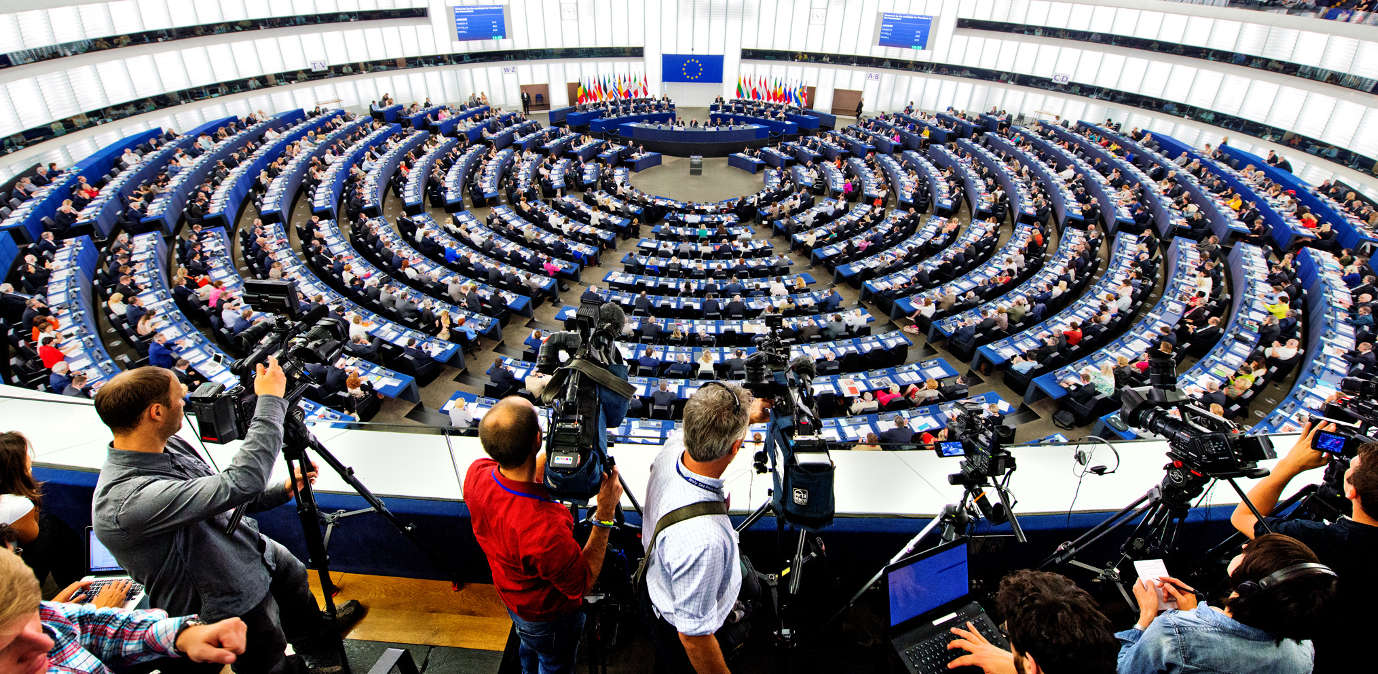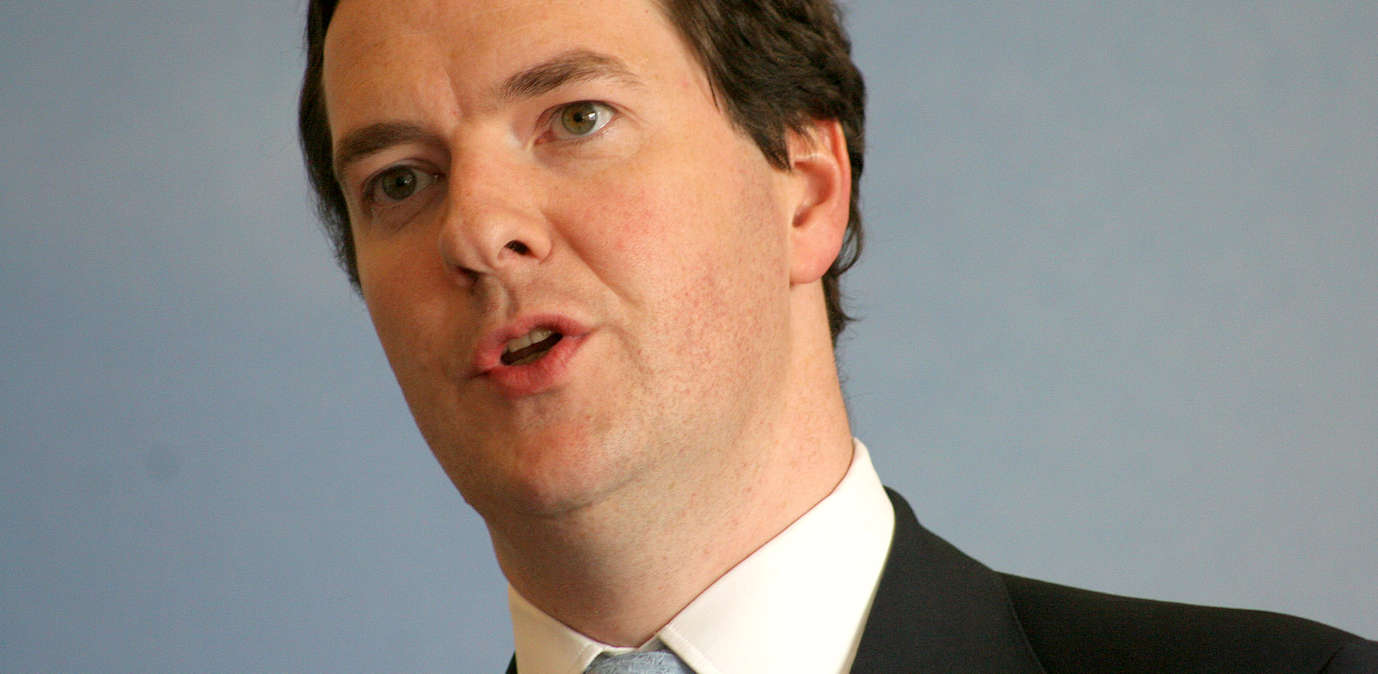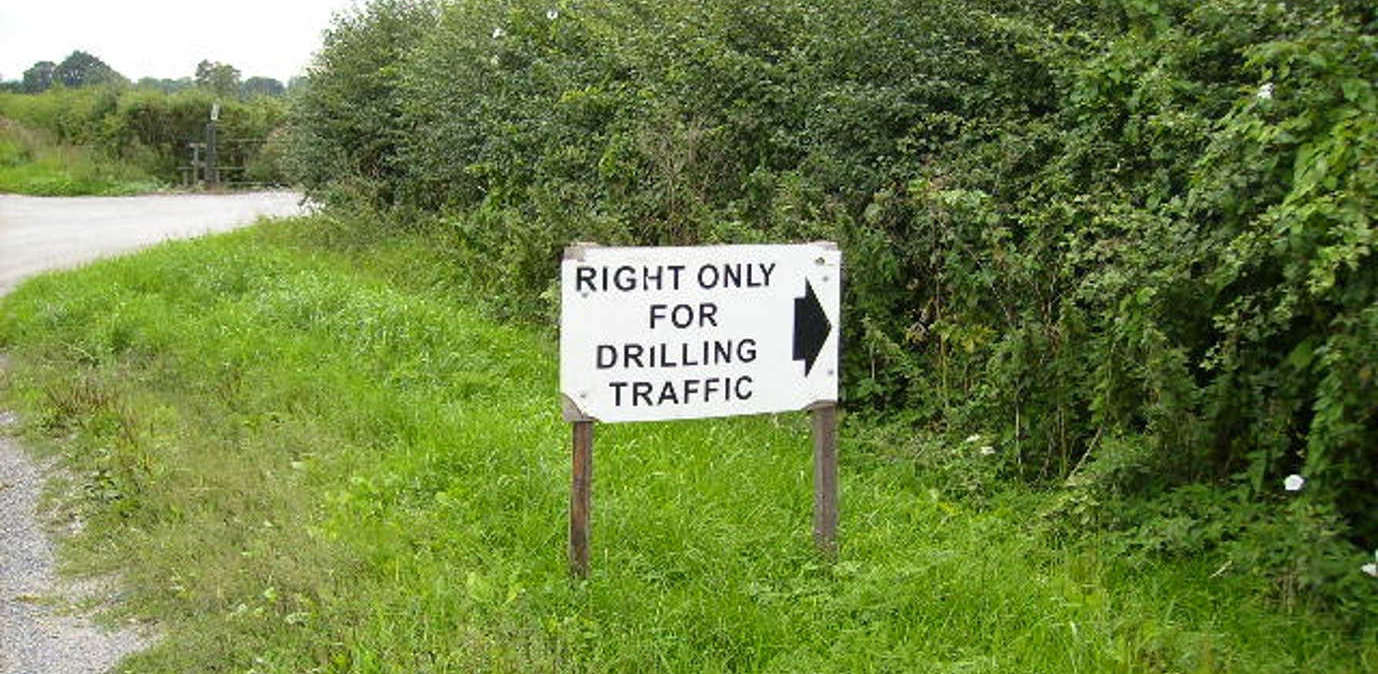We are delighted to be hosting fringe events at both the Labour and Conservative Party Conferences this year. We have assembled a panel of leading thinkers on the sharing economy to discuss everything from the economic opportunity for the UK, to some of the emerging regulatory trends. Panellists and event details for the Labour Party fringe event can be found below. The full Conservative Party fringe line-up will be announced early next week.
Recent Posts
Inline at Labour Party Conference - The Sharing Economy: driving UK jobs and growth?
Written by Inline Policy on 17 Sep 2014
Talking Climate Change; Protecting Tropical Forests
Written by Inline Policy on 12 Sep 2014
Deforestation, the “direct, human-induced conversion of forested land to non-forested land”, as defined by the UNFCCC, and forest degradation, are one of the greatest challenges of our time. As the Global Canopy Programme (GCP) reports, tropical forests cover approximately 7% of global land area and provide habitat for at least half of the world’s biodiversity. However, they are currently experiencing a net loss of 1.4 billion tonnes of carbon every year.
Online dating: growth, regulation, and future challenges
Written by Inline Policy on 08 Sep 2014
It has become increasingly common for individuals to find their partners online, a trend which started around 1997. Back then, not everyone acknowledged the benefits of this activity, which was perceived as a rather impersonal way of finding love. In recent years, a new generation of tech savvy individuals has emerged, which regularly uses devices to keep in touch with their friends and relatives, as well as for access to online dating sites or apps. In addition, older adults have also discovered the benefits of online dating services to connect with other people; and today they represent a significant segment of the online dating market. Why struggle to find someone special in a crowded bar when you can do it more easily and effectively from the comfort of your own home?
European energy and climate: Brussels goes back to work
Written by Inline Policy on 01 Sep 2014
The temperatures are falling; the mornings and nights are getting a little darker; it feels like autumn is just around the corner - it’s back to school time! This particularly applies to the politicians and civil servants who ply their trade in Brussels on EU policies and regulation. The new European Parliament barely had time to convene before it departed for the summer break. At the European Commission, all eyes are on new President Jean-Claude Juncker as the horse-trading between him and member states for the top political jobs in Brussels, including Commissioner portfolios, reaches its climax over the next two weeks.
Bright future for alternative finance following Osborne’s announcement
Written by Inline Policy on 28 Aug 2014
The American business magazine, Forbes, recently crowned London ‘the world’s most influential city’, paying special attention to the role it plays in leading innovation in technology. The accolade comes on the coattails of Chancellor George Osborne announcing the launch of a major new trade body for the UK FinTech industry, in London’s Canary Wharf.
Mobile payments come of age
Written by Inline Policy on 21 Aug 2014
The concept of mobile payments (“m-payments”) has been around since the late 1990s, but original predictions of rapid growth turned out to be overly optimistic. A lack of interoperability between different services, combined with a lack of consumer trust in these new forms of payment, hindered widespread adoption of m-payment services.
UK shale gas: Still a long road to travel
Written by Inline Policy on 04 Aug 2014
On 28 July, the British Government announced its first licensing round for six years for companies who wish to prospect for onshore oil and gas. The announcement was top of the news agenda, and there was no mistaking the excitement in UK ministerial (and Conservative) voices as they claimed that the speeding-up of exploration for shale could boost jobs, economic growth and national energy security.
But a deeper analysis suggests that it would be wise to temper this enthusiasm with some realistic appraisal of the obstacles that will have to be addressed before we reach the ‘promised land’.
The UK government reshuffle: the implications for energy and climate policy
Written by Inline Policy on 24 Jul 2014
Now that the dust has settled a little, it’s worth examining Prime Minister David Cameron’s recent reshuffle in more detail, and what it might mean for the coalition’s policies on climate change and energy between now and next May’s General Election.
Price comparison websites in the spotlight
Written by Inline Policy on 21 Jul 2014
Price Comparison Websites (PCWs) are popular tools amongst tech-savvy consumers, especially in the consumer goods, energy and financial sectors. The key to their attractiveness is that they allow consumers to quickly search for and compare the best deals in the market. PCWs usually operate on either a flat-fee, or a commission-based model and attract new customers via online and offline advertising. Some of the biggest players have become very profitable, thus attracting new companies to enter the market.
Cameron shuffles his pack
Written by Inline Policy on 16 Jul 2014
Cabinet reshuffles under David Cameron have been noticeably less dramatic than those of his predecessors. This all changed yesterday. The news on Monday night that William Hague was resigning as Foreign Secretary, to be replaced by Philip Hammond, was the first bit of news to make waves well beyond the Westminster village. Arguably the biggest surprise was the news that Michael Gove was being replaced as Education Secretary by Nicky Morgan.
European Banking Authority begins the debate on an EU-wide virtual currency regulation
Written by Inline Policy on 15 Jul 2014
At the beginning of the month, the European Banking Authority (EBA), the institution charged with overseeing the European banking sector, proposed guidelines for a regulatory regime for virtual currency. The report has now been presented to the EU Council, Commission and Parliament for consideration. The report also issues guidelines for national supervisory bodies.
Dark pools and the push for transparency
Written by Inline Policy on 14 Jul 2014
Goldman Sachs received an $800,000 fine from US regulators a fortnight ago for failing to meet the guidelines for trading within a private forum. Private trading platforms, commonly known as dark pools, now account for 15% of all US trading over 40 closed exchanges. Regulators are beginning to take note and see how they can limit the risk involved.
Wearable technology: market growth, rapid innovation and developing policy
Written by Inline Policy on 11 Jul 2014
Clothes which measure your heart rate and locate you via GPS while you run. Smart watches that can be used as an extension of your smartphone. The ability to access the internet with your glasses. These are just a few examples of the most recent wearable technology devices.
But is there enough demand for these innovative products? According to the International Data Corporation (IDC), estimated global sales will exceed 19 million units in 2014, more than triple last year’s sales. In 2018, sales are predicted to increase up to 111.9 million units.
Renewables: A case study of what (mostly) good policy can achieve
Written by Inline Policy on 09 Jul 2014
For all that some of the media (in the UK at least) enjoy stirring the pot about the unsuitability of renewables projects because of their impact on the landscape, on local communities, etc, investors and the finance sector will tell you that is policy direction and regulatory stability which counts.
Music streaming maintains its upward trajectory
Written by Inline Policy on 04 Jul 2014
The way in which people listen to music has been fundamentally changed by digital technology. The rapid growth in music streaming, in particular, has led some even to argue that it could destroy the music industry entirely. Regulators are having to deal with this digital shift as copyright rules, and other associated regulations, were often designed decades ago. The pace of technological change can also mean that even when regulation is updated, it can quickly become out-of-step with the latest advancements. The disruption is huge, as are the headaches for regulators and policy makers.
 Insights from Inline Policy listing page
Insights from Inline Policy listing page













%20good%20policy%20can%20achieve%20Inline%20Policy.jpg)





